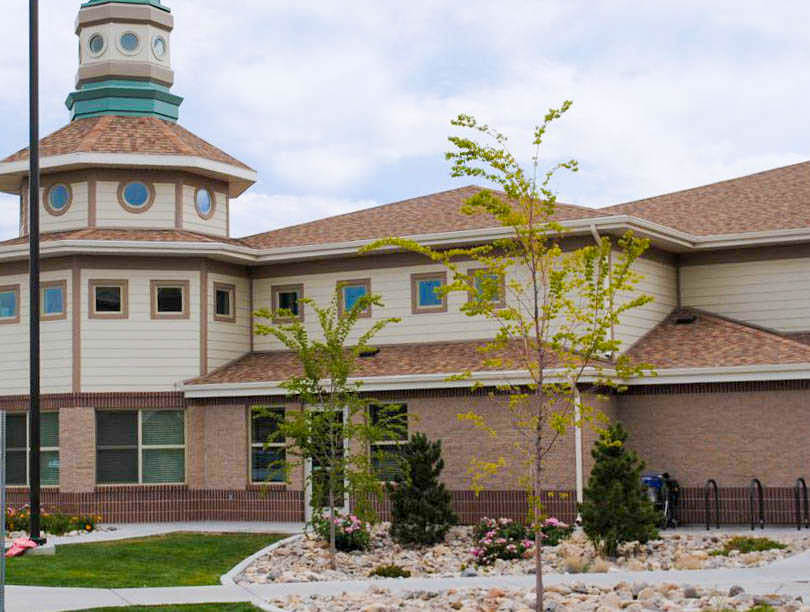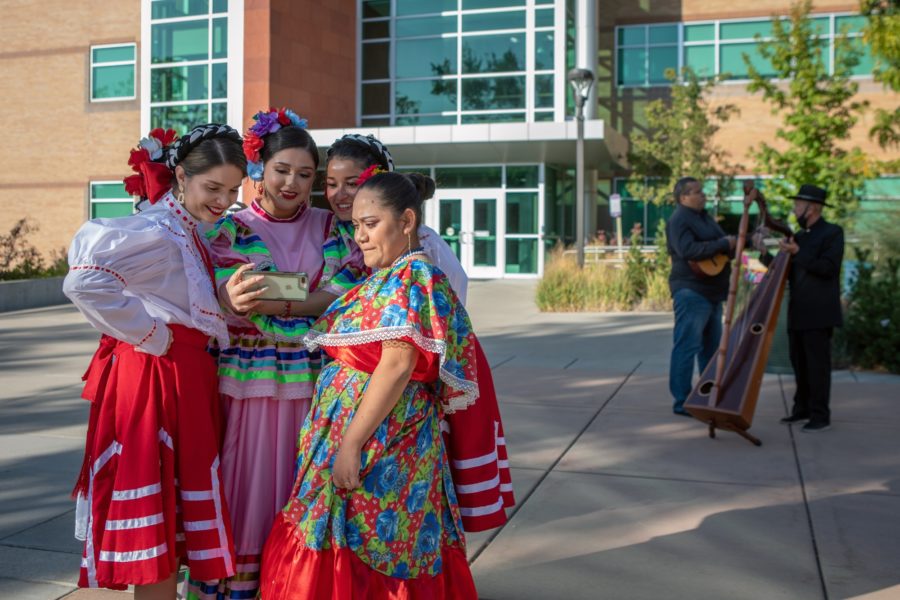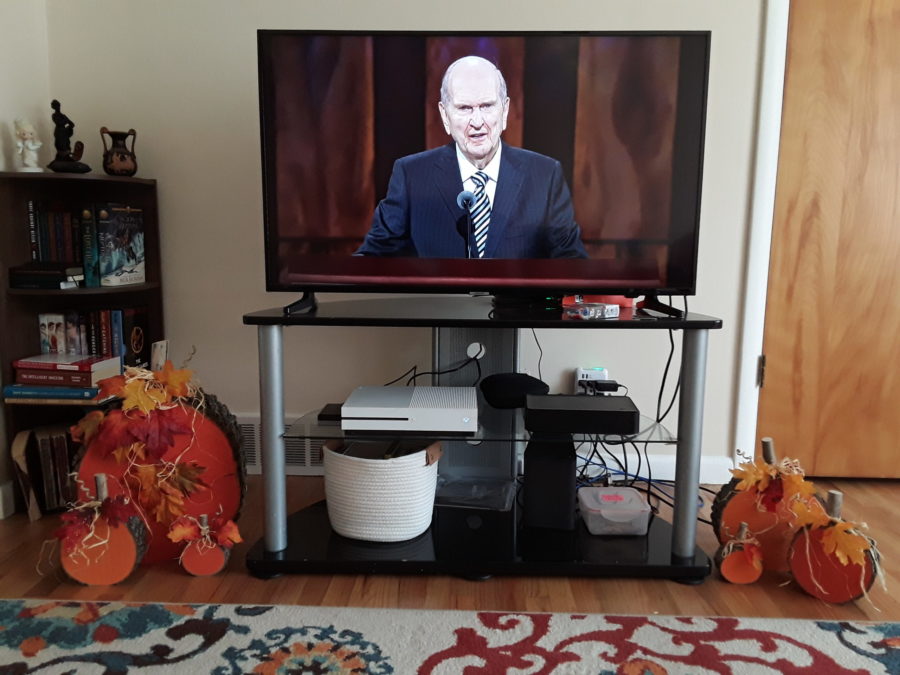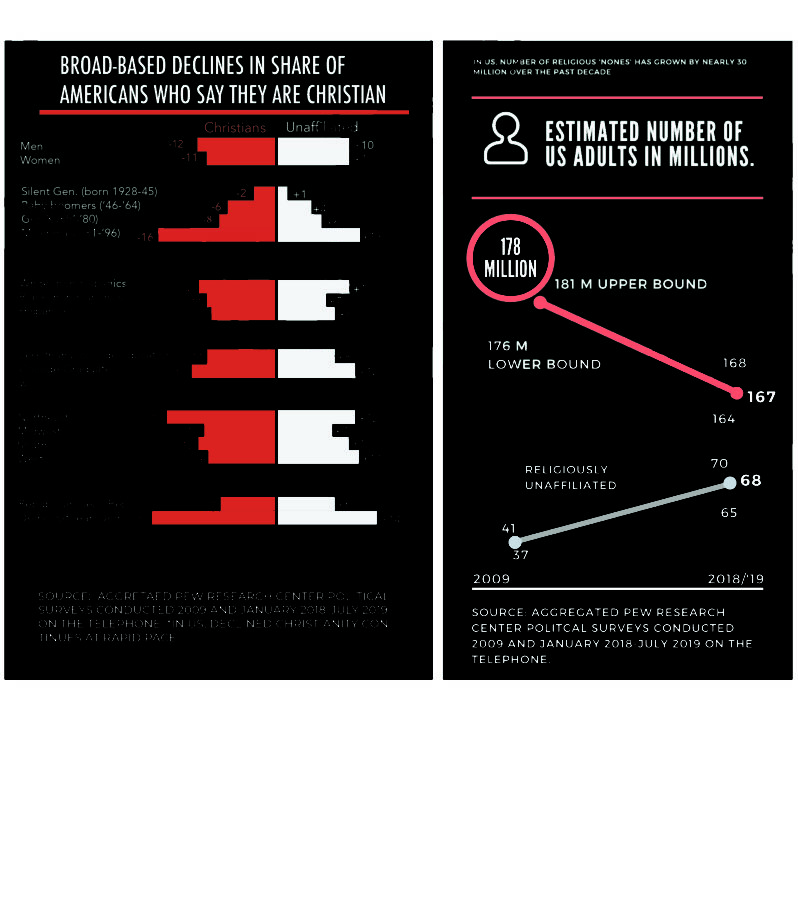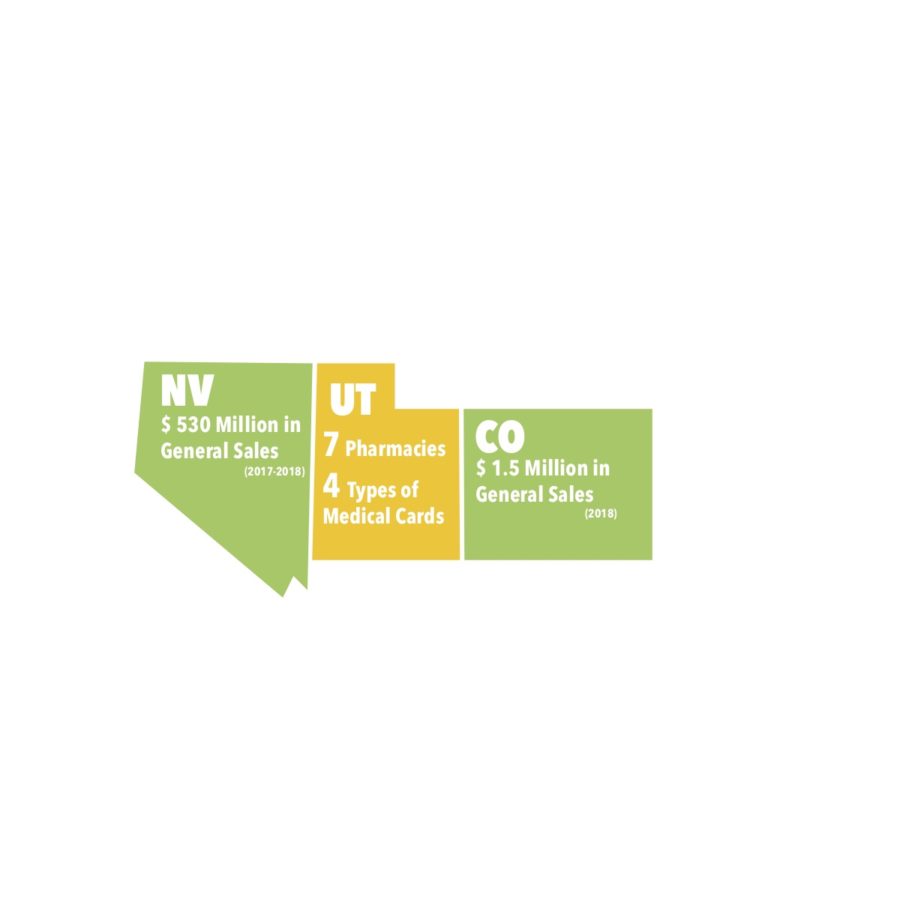
“The Cosmos is all that is, or ever was, or ever will be,” said renowned scientist Carl Sagan when introducing the critically acclaimed 13-part television series “Cosmos: A Personal Voyage,” which debuted more than 30 years ago on PBS.
“Cosmos” takes viewers on an immersive journey to the edge of scientific knowledge and back. The show, hailed as a critical landmark, won three Emmy awards in 1981, and it is still one of the most widely watched PBS productions worldwide.
On March 9, the classic series got an update with “Cosmos: A Spacetime Odyssey,” a spiritual successor to Sagan’s 1980s show that both pays homage to the original and updates it for the 21st century.
“It’s time to get going again,” said Neil DeGrasse Tyson, the host of the show, in its pilot episode.
Like its predecessor, “A Spacetime Odyssey” reignited the long-standing debate in the contest for human knowledge: science versus religion.
Both sides felt the need to chime in when “Cosmos” debuted. Religious viewers contested the theory of evolution presented in the show, offering differing viewpoints on points presented as fact. In response, many within the scientific community came to the show’s defense, launching a new chapter in a perennial debate.
This is a conflict that Brad Carroll, Weber State University professor of physics, does not understand, especially when it concerns evolution, a theory often singled out as especially troubling.
“Science isn’t something you can cherry-pick and say that ‘I like this, but I don’t like that,’” he said. “It’s all a cohesive whole.”
It’s like a knitted shirt, Carroll explained. “If you pull at the threads you don’t like, the whole thing falls apart in your hands.”
The religious worldview, in Carroll’s opinion, stems from humanity’s earliest days. He said humans would look up at the stars and wonder how they got there and then would see things as being symbolic, like hidden messages from the universe.
“If there’s an eclipse of the moon, it means bad luck,” said Carroll, adding that 600 years ago, something happened. “We stopped looking at the world as something that’s giving us symbolic information. We looked at the world and took it for what it is. A rock is a rock; it’s not symbolic of something.”
Many believe that moment sparked what historians now call the scientific revolution.
“Test ideas by experiment and observation,” said Tyson on “Cosmos.” “Build on those ideas that pass the test. Reject the ones that fail. Follow the evidence wherever it leads and question everything.”
These five rules form the basis of the scientific method.
Science and religion don’t always disagree. Plenty of deeply religious people still appreciate what science has to offer.
In fact, many Christians in particular defended “Cosmos,” welcoming the study of the world. Kelly Shepherd, director of the Ogden LDS Institute of Religion, said he has no problem with science.
“We seem to be discovering more and more and more,” he said. “I welcome the study.”
Even today, science is far from complete, Shepherd said. “When the day comes that science knows everything, that knowledge will perfectly align with religious truth,” he said.
Until that time, Shepherd said, he offers his counsel to students who would study science. “Go for it, learn it. We need scientists.”
Chance East, a WSU junior in the criminal justice program and a big fan of “Cosmos,” said he isn’t surprised the show stirred up debate.
“It’s a popular program, talking about controversial issues,” East said. “It isn’t surprising that people want to talk about it.”
For East, though, it’s all about evidence.
“Science isn’t faith,” he said. “If you’re basing your beliefs on faith, there’s not really anything that anyone’s going to be able to say to convince you.”
“Cosmos: A Spacetime Odyssey” airs Sundays at 9 p.m. MST on Fox.








